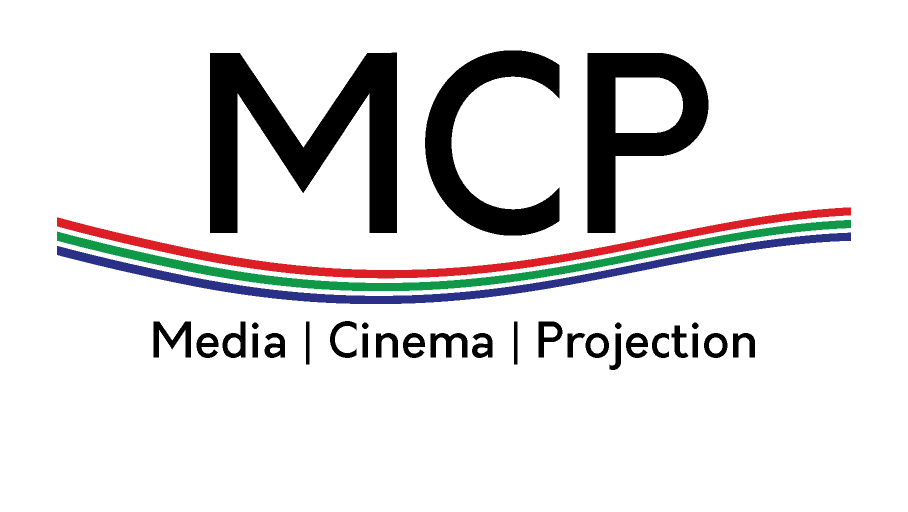In this golden age of binge-watching, I’m consumed by a nostalgia for what I feel is disappearing
If you’re anything like me, what shared emotional life you might still have is mostly achieved by mainlining shows on a streaming service with your loved one perched on the sofa nearby. When I say loved one, I mean co-watcher.
I’m not knocking Netflix or HBO or, now, BritBox, or the rest. I depend on them. These shows – you know the ones I mean – dramatise the bits of our relationships we’re too exhausted to undergo the drama of ourselves. At their best, they even hand us a predigested, precritiqued dose of the vexed and vexing world we’re in, allowing us both an engagement with it and an escape from it.
Among friends, discussing these shows is reliable social glue, a fix of the cultural commonality we used to enjoy when everyone tuned into the same programme on the same channel at the same time. A time when what we had to feel guilty about was less a sense of, say, oppressive complicity and powerlessness, and more to do with our pleasures. So thank God for the streaming services, for bringing the pleasure principle back to culture. We can all agree we’re in a golden age of storytelling– topical, daring, boundary-pushing, conversation-changing.
And yet despite, or precisely because of, their brilliance, humanity and depth … they’re kind of The Matrix, right? We kind of know they’re the endpoint of hyper-sophisticated, late-capitalist entertainment production, and they’ve got us totally in their grip. We kind of know they make us into soma-addled, Huxley-ish figures, engulfed in the sheer pleasure of binge-watching while the world burns. Also, and here I speak as a film-maker, bingeing while you could be catching a film instead.
Pleasure – plaisir – is what the French literary theorist Roland Barthes called one kind of effect culture has on us: the effect of “readerly” as opposed to “writerly” texts. Readerly culture, the “audience-friendly” kind, is pleasurable precisely because it confirms our sense of ourselves, our ego, our position in the group. It gives you a nice juicy hit of belonging. You get to enjoy working over your identity and some of its contradictions. Readerly texts are basically homogenising. They’re the bubble.
The writerly text does the opposite: it explodes your easy relatability. Instead of plaisir, it offers jouissance – the part of enjoyment that’s closer to pain. The excessive, destabilising bit of the pleasure principle that’s channelling the death drive. Instead of knowing yourself better, you come out unknowing yourself. Maybe barely recognising yourself at all. It will probably hurt.
